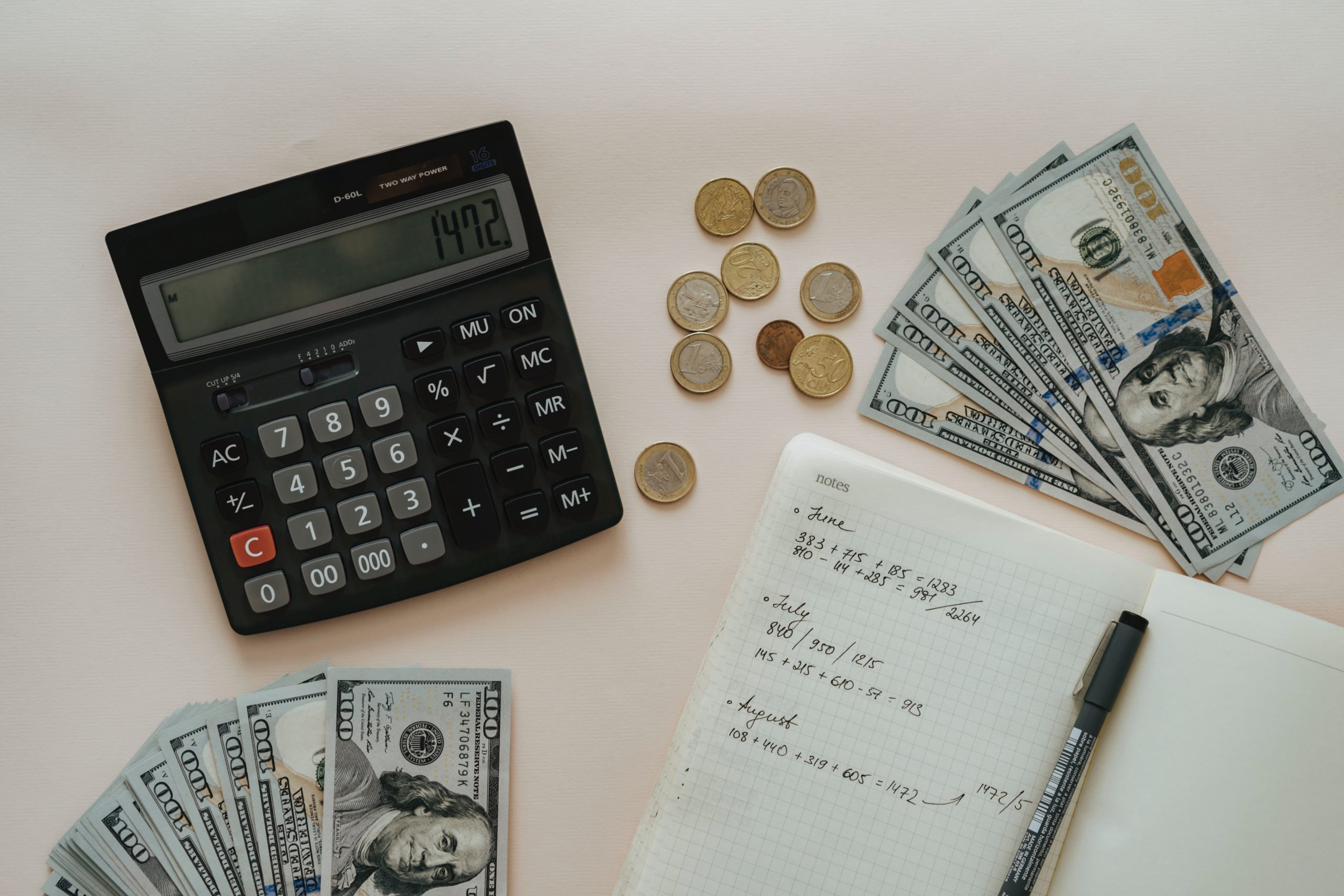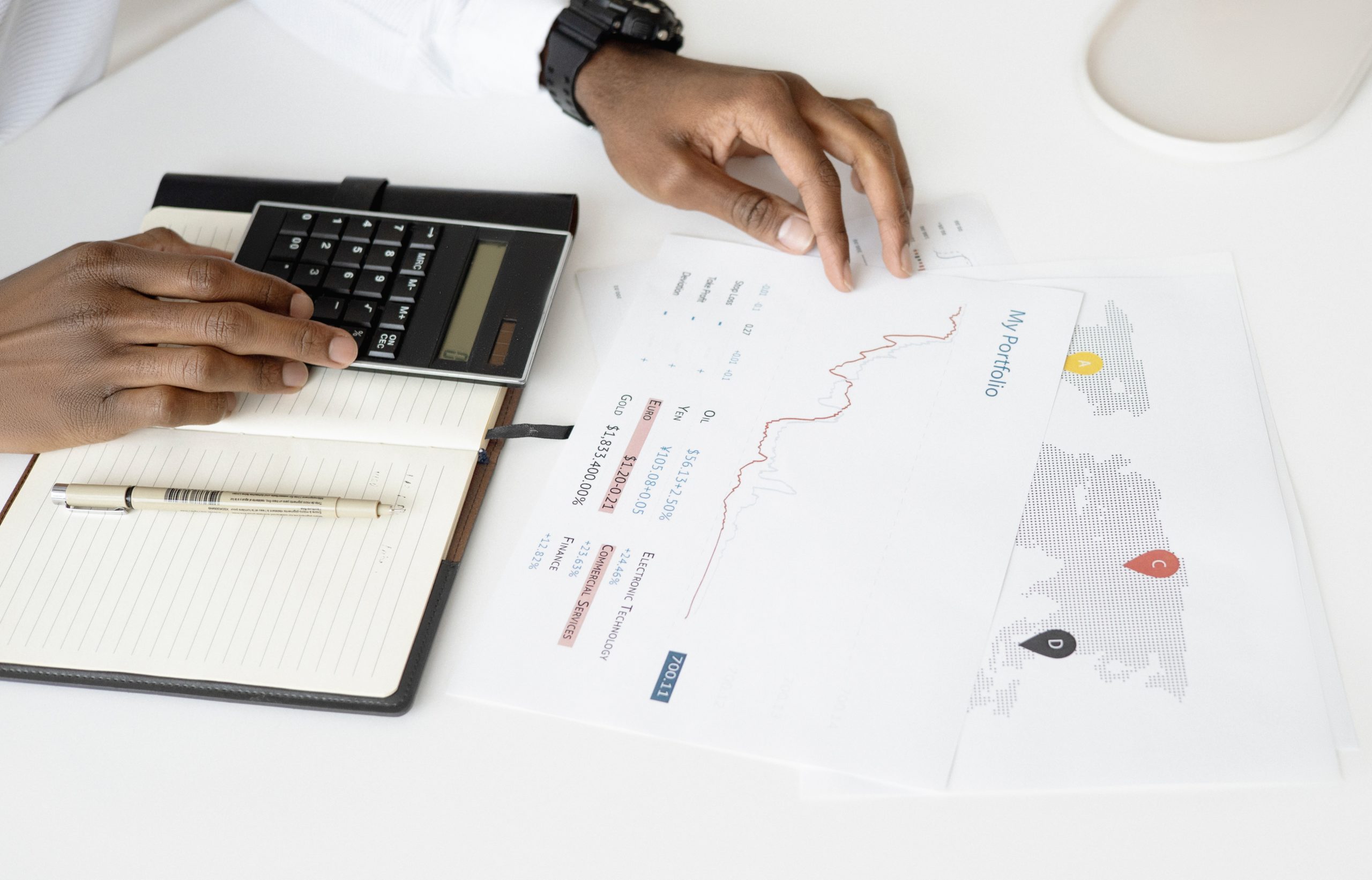Forensic accounting is a practice area of accounting that provides accounting analysis, including fraud investigations, negligence cases, and insurance claims. It is frequently used in legal proceedings, used by the insurance industry to quantify damages, fraud, and embezzlement cases, to describe the nature of a financial crime in court, in litigation to decide whether a crime happened and to assess the likelihood of criminal intent.
What Do Forensic Accountants Do?

Forensic accountants investigate fraud and bring to light financial crimes. Most forensic accountants work with law enforcement, performing criminal and civil investigations involving crimes like embezzlement and fraudulent financial transactions. In addition to analyzing financial documents to settle legal disputes, forensic accountants may also work as fraud examiners and certified public accountants (CPAs).
- Some responsibilities of forensic accountants include the following:
- Conducting forensic analysis to track down funds and trace assets in order to recover them
- Conducting forensic analysis of financial data
- Preparing forensic accounting reports from financial findings
- Preparing analytical data for litigation and testifies as needed
- Aiding in risk management and reduction through financial policies and procedures
- Investigating proposed mergers and acquisitions
- Getting involved in bankruptcy proceedings
- Detecting illegal activity such as bribery, embezzlement, money laundering, and debt concealment.
Qualifications to Become a Forensic Accountant

To qualify for entry-level jobs, forensic accountants must hold at least a bachelor’s degree; however additional certifications and skills can improve job prospects.
Education
There is no formal licensing required to become a forensic accountant; however, you need to earn a bachelor’s or master’s degree in an accredited forensic accounting, accounting, finance, or a related field program.
Credentials
Many employers encourage earning the Certified Fraud Examiner (CFE) credential, Certified Public Accountant (CPA) license, and/or Chartered Accountant (CA) credential.
In the end, obtaining any certification, such as the CPA credential, improves job prospects for accountants. The credential requires 150 credits of post-secondary coursework and passing scores on the four-part CPA exam. The American Institute of Certified Public Accountants (AICPA) also offers two forensic accountants certifications: a Core Forensic Accounting certificate and a Specialized Forensic Accounting certificate.
The Certified Fraud Examiner (CFE) credential ensures Forensic Accountants have extensive knowledge of standard fraud schemes and data analysis methods, allowing them to conduct investigations effectively and strategically. Receiving this credential requires you to earn at least a bachelor’s degree in accounting or finance, and you’ll also need to pass a test that demonstrates your proficiency in four key areas. To earn the CFE credential, you’ll be tested to show your expertise in areas such as:
- Fraud prevention and deterrence
- Financial transactions and fraud schemes
- Investigation techniques
- Law
Skills
Forensic accounting requires a strong and specialized skill set. Forensic accountants need to conduct investigations to uncover financial fraud, often acting as expert witnesses during trials. In varying litigation assistance and forensic accounting environments, they combine their accounting expertise with investigative skills. To be a successful forensic accountant, you will need to show:
- Financial analysis
- Investigation
- Auditing
- Communication
- High levels of attention to detail
- Ability to analyze data thoroughly
- Creative thinking
- Commercial awareness
- Methodical approach
A minimum of one to three years of accounting experience is needed for most forensic accounting positions. A general accounting job is what initially gives many forensic accountants this experience.
Forensic Accountant Career Path

Knowing what position you want will help you advance and encourage you to specialize in the field that interests you the most.
These professionals are also employed by:
- public accounting firms’ forensic accounting divisions
- consulting firms specializing in risk consulting
- forensic accounting services
- lawyers, law enforcement agencies,
- insurance companies,
- government organizations, or
- financial institutions.
Additionally, Some companies hire forensic accountants to focus on preventative practices in order to reduce the likelihood of financial problems and boost their reputation for ethical behavior.
Besides forensic accounting, as a forensic accountant, you’ll be eligible for positions like these:
- Fraud and Forensic Accounting Consultant: consultants work independently or as part of a consulting firm to apply their forensic accounting skills in a wide variety of industries and workplaces.
- Fraud Examiner: fraud examiners gather and examine the evidence for use in fraud investigations. They conduct legal searches in order to review financial data, compile evidence, and interview witnesses and suspects.
- Internal Auditor: internal auditors are dedicated to deterring financial crime by examining and improving operating practices and financial and risk management processes to ensure financial accuracy and regulatory compliance.
Is Forensic Accounting for You?
Forensic accounting is a specialized area, and once you’re in it, you’ll know you’ve chosen to work in an exciting and fast-paced field. If you’re looking for a forensic accountant job, start by identifying which specific job you want. This will help you get ahead and allow you to specialize in the area you’re most interested in.
As technology advances and fraud becomes more difficult to detect, forensic accountants will be vital to stop financial crime. If you’re interested in putting your detective skills to the test to ferret out financial crime—this is your career calling.
If you want to prepare yourself for this exciting and fast-paced career, take the next step to fulfill your dream of becoming a forensic accountant by considering our Bachelor of Arts in Accounting program or Bachelor of Arts in Economics & Finance program.
